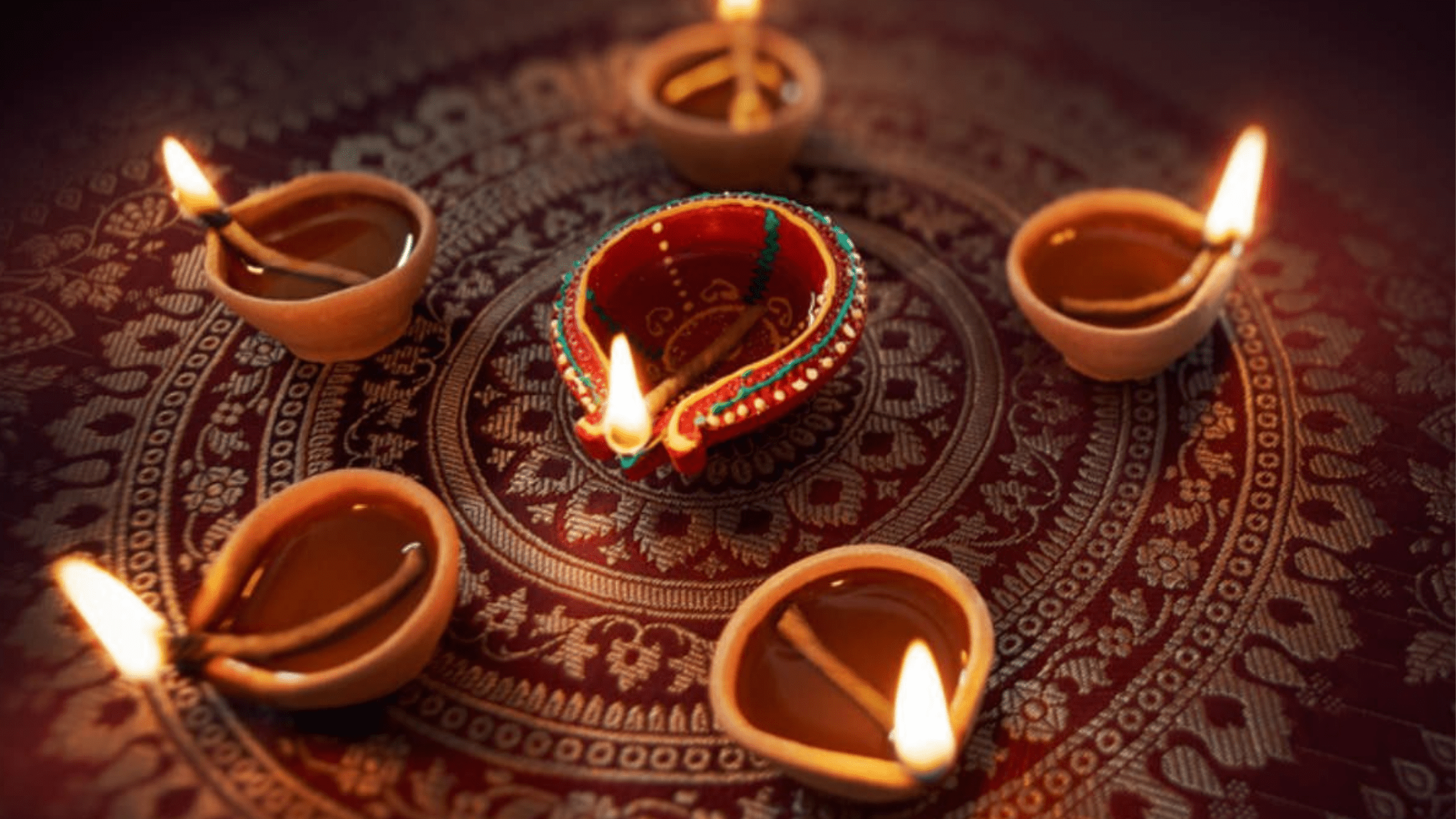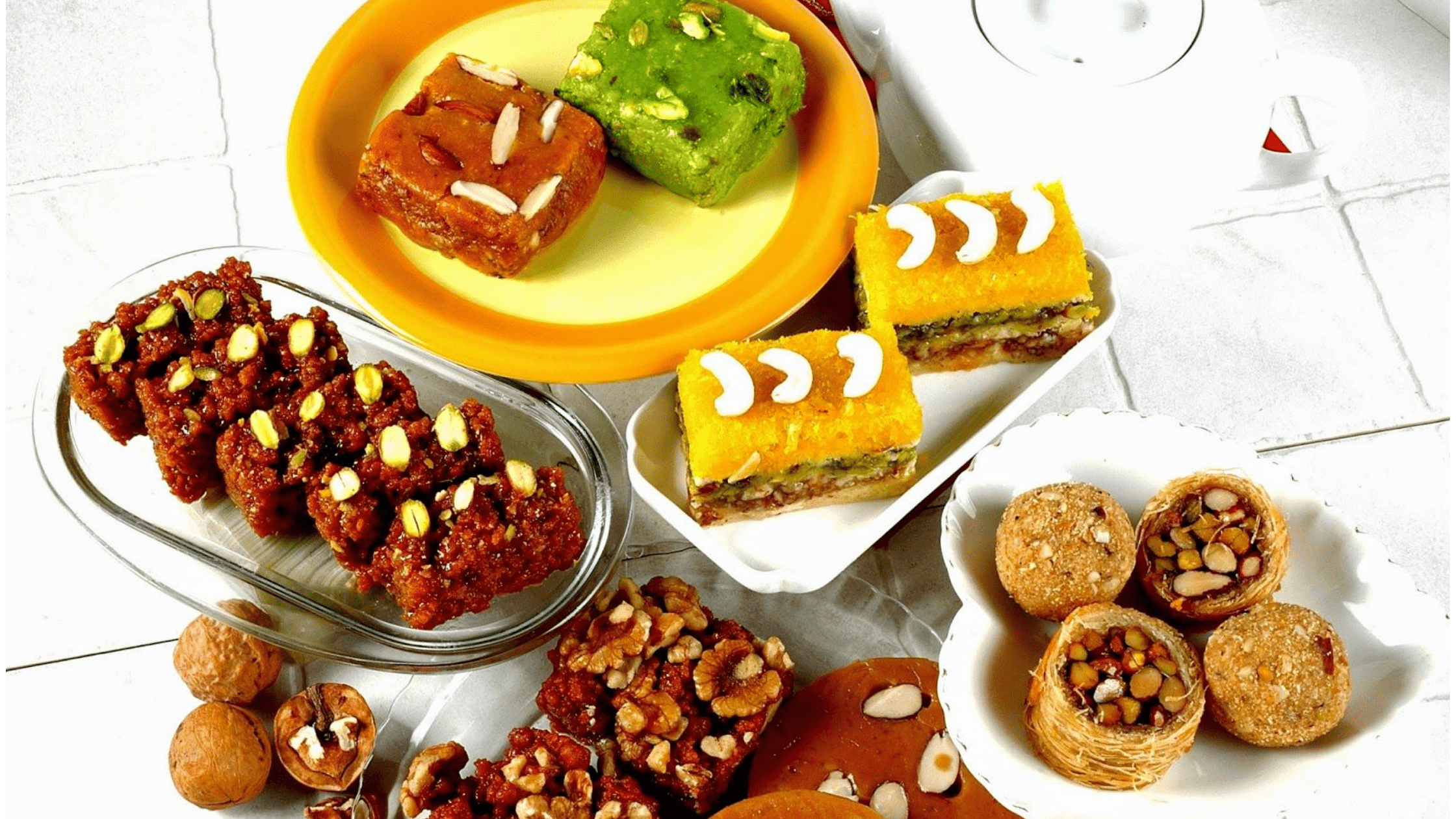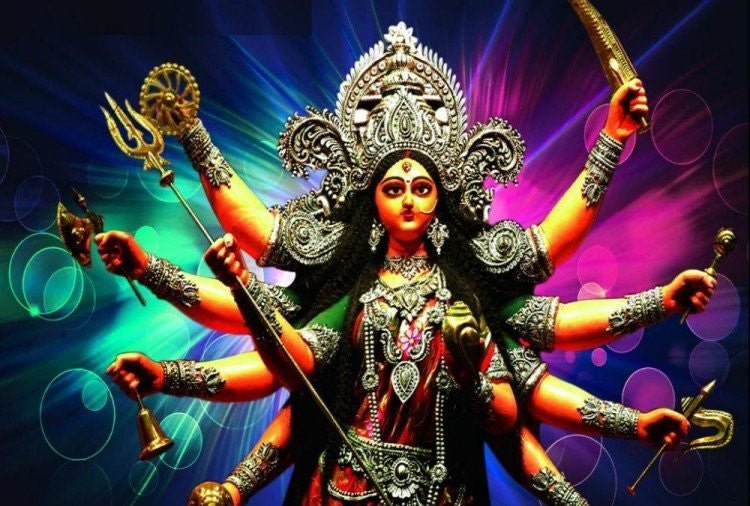
What's eaten at Diwali?
Diwali is one of the most important festivals celebrated all over India, and its significance is felt most in Northern India, where it is widely known as Deepavali. Diwali symbolises the victory of light over darkness. As such, diyas (earthen lamps) are lit up in the evening during Diwali near temples and houses to remember how Lord Rama came back home with his wife Sita and brother Lakshmana after 14 years in exile and was welcomed by lights and earthen lamps. While each one of us celebrates Diwali with so much pride and pleasure, it is a good idea to couple it with some delicious meals. We have brought forth some quick and easy ideas that can double up your fun this year.
Pakodas (fried lentil fritters)
The yummy pakodas are the all-time favourite Diwali food. These delicious cakes, deep-fried in oil, add to the all over Diwali environment.
Samosa
It is an ideal Diwali delicacy because it can be prepared beforehand and stored in the refrigerator for weeks together without any fear of spoilage; this makes samosas a good party snack due to their long shelf life.
Kachoris/Puri (deep-fried fritters filled with spiced potato mixture)
Kachoris or puris can be included as a part of a meal. They help provide a good amount of energy and carbohydrate, apart from being an excellent source of dietary fibre.
Sugar Syrup
Sugar syrup made using pure gum acts as an excellent sweetener for your gulab jamuns; moreover, it soothes irritable bowel syndrome (IBS) and provides relief from other stomach problems.
Laddoos (sweetened balls made up of gram flour and ghee/butter)
Laddoos can be included in your festive day menu but should be consumed in moderation since it comprises refined flour and sugar, which may not go well with people who are on a weight loss regimen or have diabetes.
Dry Fruits
Dry fruits are rich sources of fibre; they are known to provide relief from constipation by promoting smooth functioning of the intestine. Also, these are a great source of proteins and other essential nutrients required for good health. Thus you can look forward to including dry fruits as a part of your festive day menu.

Khakra/Khandvi (semolina roll/crisp roll):
This snack is made up of gram flour. It can be included as a part of your festive day menu because it acts as an excellent source of carbohydrates, which provide instant energy and also prevent constipation; at the same time. It contains dietary fibres that not only help in proper digestion but also make you feel full.
Besan Burfi (Chickpea flour barfi/fudge)
This recipe uses besan or chickpea flour as a primary ingredient. Besan tends to add a lot of health benefits to the dish since it possesses a high amount of fibre, low-calorie count and other essential nutrients required for good health. Undoubtedly it can be included as a part of your festive day menu along with being a part of your weight loss journey.
Gajar Ka Halwa (Carrot Pudding/Dessert)
Carrots are excellent sources of dietary fibres; they help prevent constipation by promoting smooth functioning of the intestine. Also, they add to the overall calorie intake and provide the necessary energy for the intestine muscles. The Vitamin A present in carrots also helps in maintaining a healthy digestive system and promotes bowel movements.
Conclusion
According to the Hindu calendar, Diwali or "Deepavali'' falls between mid-October and mid-November. It is dedicated to Goddess Lakshmi and marks the spiritual victory of light over darkness, good over evil, knowledge over ignorance and hope over despair. Get ready to enjoy Diwali this year with lots of yummy and delicious food, thus making it memorable.



Leave a comment
This site is protected by hCaptcha and the hCaptcha Privacy Policy and Terms of Service apply.